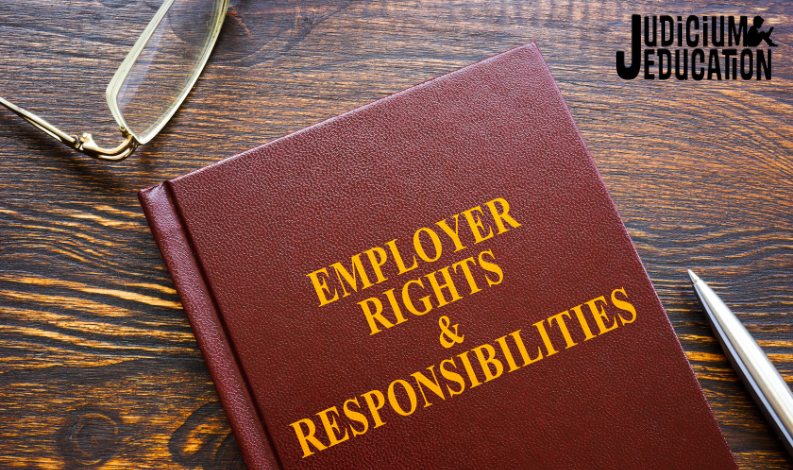(2)_1000.png)
The New Job Support Scheme
As we set out in our newsflash last week, the Chancellor announced the new “Job Support Scheme” (JSS) as part of the Winter Economy Plan to take effect when the current Furlough scheme comes to an end at the end of this month. The new scheme, which will open on 1 November to help support businesses through the winter months and help safeguard viable jobs, is currently expected to run for 6 months.
How will it work?
- Employers will have to pay their staff their contracted wages for the hours they actually work (which must be at least 33% of their usual hours);
- For the hours they do not work (which will be a maximum of 67% of contracted hours) they will be paid their usual hourly wage as follows:
- The Government will pay one-third (which will be a max of 22% reducing on a sliding scale the more the employee works) up to a maximum of £697.92/month;
- The Employer will pay one-third
- The remaining third will be sacrificed by the employee
- Employers will remain responsible for paying Class 1 Employer NICs and pension contributions;
- Employers will not be able to top up the employee’s wages beyond the 2/3rd contributions.
Finer details
- It is expected that the “usual wages” calculation will be similar to that which applies for the furlough scheme but we await further details to be published;
- If an employee was previously furloughed, their usual pay/hours prior to any reduction whilst on furlough will be used to calculate their usual wages;
- The employer will have to pay the Government’s contribution initially and claim it back in arrears once payment has been made to the employee and reported to HMRC via a Real Time Information (RTI) return;
- Claims will be made online through Gov.uk from December 2020;
- Employers using the JSS will also be entitled to claim the Government’s job retention bonus if they meet the eligibility criteria;
- In contrast to the current Furlough scheme, employees cannot be made redundant or put on notice of redundancy during the period in which their employer is claiming the grant for that individual;
- Employers and employees will need to agree the new short-time working arrangements and this change will need to be documented in writing. In due course we can assist in preparing such agreements but we await further details from the Government as to any specific requirements prior to doing so. Such agreements must be made available to HMRC on request.
HMRC
HMRC intends that employees will be informed by HMRC directly of full details of the claim and they will of course be checking the claims. If HMRC consider a claim to be fraudulent or based on incorrect information they may withhold payments or require any payments made to be repaid.
Employer eligibility requirements
- Employers who hold a UK bank account and UK PAYE schemes are eligible;
- Large employers (yet to be defined) will have to undergo a financial assessment to demonstrate their turnover has been adversely affected by Coronavirus to be eligible. This requirement will not apply for small and medium employers (SME). We await further details on this and the r;
- The factsheet doesn’t say how it will define a large employer or SME, but in the UK, it is usually defined as a company which meets two out of three of the following – turnover of less than £25m, fewer than 250 employees, and gross assets of less than £12.5m.
- Employers who meet the eligibility requirements can use the JSS regardless of whether they took advantage of the previous furlough scheme or not;
- It is expected that large employers using the JSS will not be making capital payments (e.g. share buybacks or dividend payments). We await further details on this aspect.
Which employees are eligible?
- Employees must be on the employer’s PAYE payroll on or before 23 September 2020 (requiring a RTI submission to have been made to HMRC on or before that date notifying of payment made to that employee);
- The employee must work at least 33% of their usual hours for the first 3 months. The Government may adjust this % after the first 3 months but details are awaited;
- Working patterns can vary each month and employees can go on and off the JSS. However, each short-time working arrangement must cover a minimum period of seven days.
How to prepare
Until further details of the JSS are published by the Government, it is difficult to take any definitive steps to prepare for the JSS. However, it may be worth thinking about your workforce and your predicted demands for working hours from 1 November 2020, assessing how many staff you may need to work and how many hours they may be required for compared to their contractual hours. If you have a rough idea in place, when further details are published, you can start consulting with staff over your proposals.
We are here to help!
Related content
.png)
This blog is based on Judicium’s SEND ‘Sofa Session’ from the 20th of November, with our resident expert Rik Chilvers.
.png)
This summary is based on Judicium’s Employment Law ‘Sofa Session’ from the 13th of November, with our resident experts Jenny Salero, Kelly Rayner and Suzanne Ravenhall

This blog is based on Judicium’s Health and Safety ‘Sofa Session’ from the 6th of November, with our resident expert Isthar Pearce.

Effective from 26 October 2024, schools, Multi-Academy Trusts (MATs), and all employers in the UK will be legally required to take proactive steps to prevent sexual harassment in the workplace.
.png)
This blog is based on Judicium’s Health and Safety ‘Sofa Session’ from the 23rd of October, with our resident expert Andy Camroux.

This blog is based on Judicium’s Health and Safety ‘Sofa Session’ from the 16th of October, with our resident expert Rachel Kitchen.


Sofa Sessions | SEND